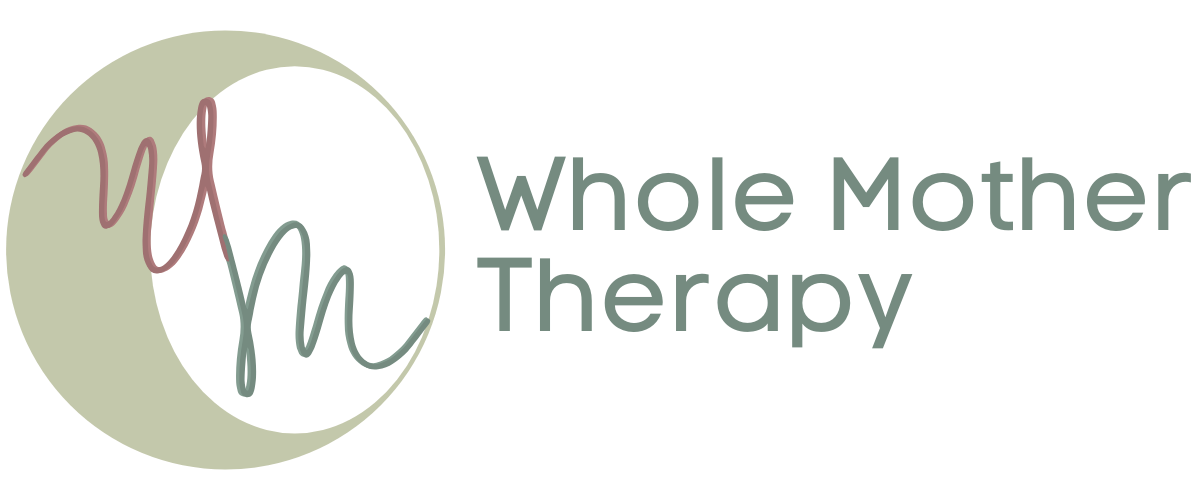Parenting with the Seasons: Autumn
As we enter Autumn, there is an invitation to practice slowing down and doing less. Our bodies and psyches are organically tuned to the natural rhythms of the seasons, but we’re too often unable to acknowledge it since most of us are barely able to keep afloat as we juggle all the demands of life. This is especially true as a parent.
Taking Cues From Nature
But if we slow down enough to take our cues from the natural world, we see signs of Nature relaxing: leaves fall, the light softens, and the air becomes crisper as we harvest the bounty of our gardens and farmers markets. If we tune in with all our senses and our energetic body, we can feel the energetic shift from summer to fall.
It’s natural to:
feel (even) more tired
want to go to bed earlier
want to slow down and not have as much to do
feel less motivated and creative
feel more introverted
Our work as humans is to learn embodiment, and this couldn’t be more urgent for parents, especially mothers. So often we put our physical bodies, as well as our emotional and psychological well-being, on the line so that we can keep giving to and showing up for our LOs, our work outside the home (if it applies), our partner, our pets, basically everything outside of us that draws our attention.
The Power of Embodiment
The thing is, we are more present when we are embodied. We are more aware of ourselves, our surroundings, and our connection to self and others. We are more grounded. We are better able to navigate challenges, difficulties, and hardships. And, perhaps most importantly because so much of what our LOs learn is through watching us, when we demonstrate embodiment we model for our children what it looks like to listen to and move with our intuition.
Connecting to self
I would go so far as to say that embodiment is an antidote to patriarchy, white supremacy, and capitalism. Our society is shaped by these destructive, restrictive forces, and more than anything these forces do not want us to be connected to our intuition and in tune to the seasonal rhythms. They color the way we parent, disconnecting us from our intuition and sense of self. They push us to buy and consume the magic things that are ostensibly going to make parenting easier and allow us to be more “productive.” It is a con game designed to turn us into human doings rather than human beings.
But when we practice embodiment, we practice connecting to our intuition and sense of self. It’s a shield against the negative forces that makes it easier to tune out the white noise and focus on what actually feels right in how we parent and show up for ourselves and our LOs.
Honoring the transition to Autumn
Autumn teaches us to tend to the soil of our body, our mind, and our heart. Just as in the natural world, where plants go dormant and farmers plant cover crop to replenish the soil for new seed and growth come spring, so too does our creative and spiritual energy desire to be out in the world so it can be fed and replenished and reformed. By embracing a practice of slowing down and resting, we model for our LOs the importance of listening to our bodies and intuition—we embody a vision of life that is not defined by the demands of patriarchy and capitalism, of productivity and achievement.
Here are some thoughts on how to mark the Autumnal seasonal transition:
Create a nature table or altar:
You don’t need to buy anything.
You can collect fallen leaves, twigs, pinecones, seed pods, stones, and soil.
Include fall fruit such as pomegranates, persimmons, or apples.
Include whichever herbs speak to you, perhaps marjoram, rosemary, or cooking sage.
Light a candle.
Use your imagination—there is no right or wrong way to create an altar. It’s a personal expression of your connection to the physical and/or spiritual world.
Listen to the natural rhythm of your body:
Are you feeling more tired?
Are you feeling less motivated to do stuff and get things accomplished?
In what areas of your life can you incorporate more rest? Maybe skip the dishes while your LO is napping and read a book, knit, stretch, or nap. Maybe go to bed earlier.
Is your body craving different types of food?
Is your body craving a different type of movement from summer?
Find places in your life where you can say No:
What boundaries feel good?
How can you create more space for yourself?
Consider ways to do a little less with your LO:
Can you practice giving your LO space so they too can experience being with and listening to the natural rhythms of their body?
Above all, give yourself permission to honor the natural needs and rhythms of your mind and body. The more we nurture ourselves, the better we can nurture those in our care.
Let’s talk.
We would love to connect with you.

